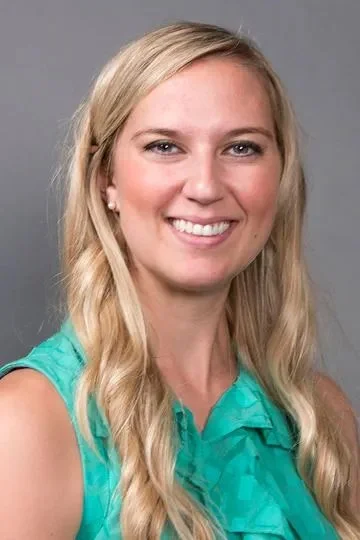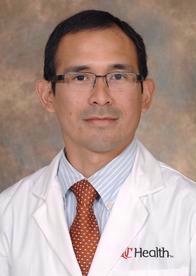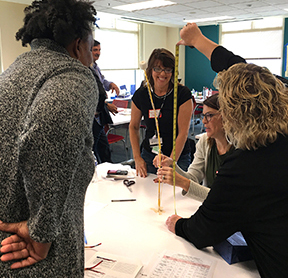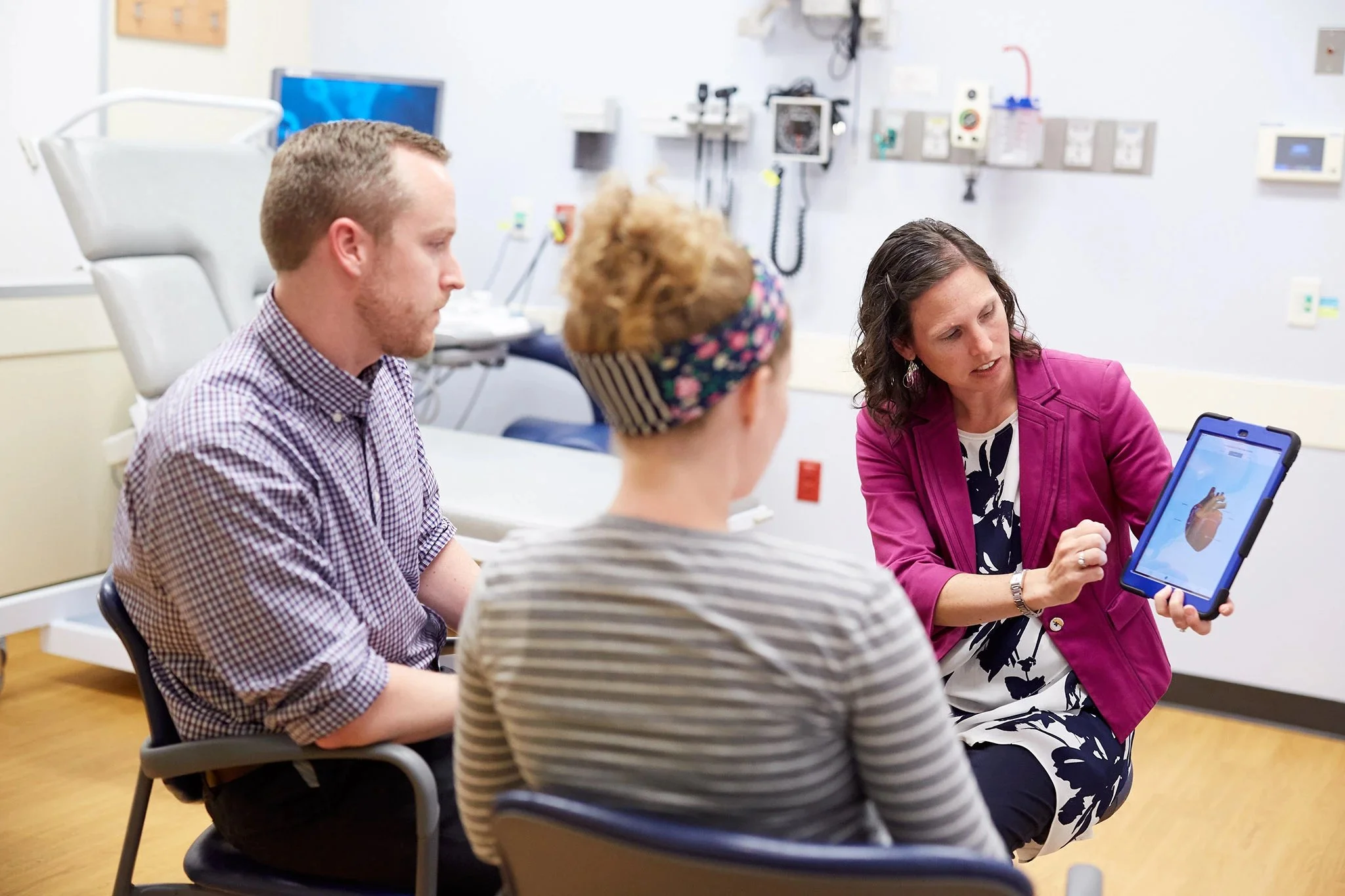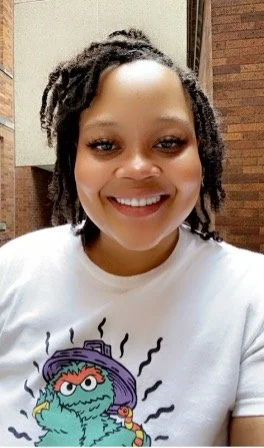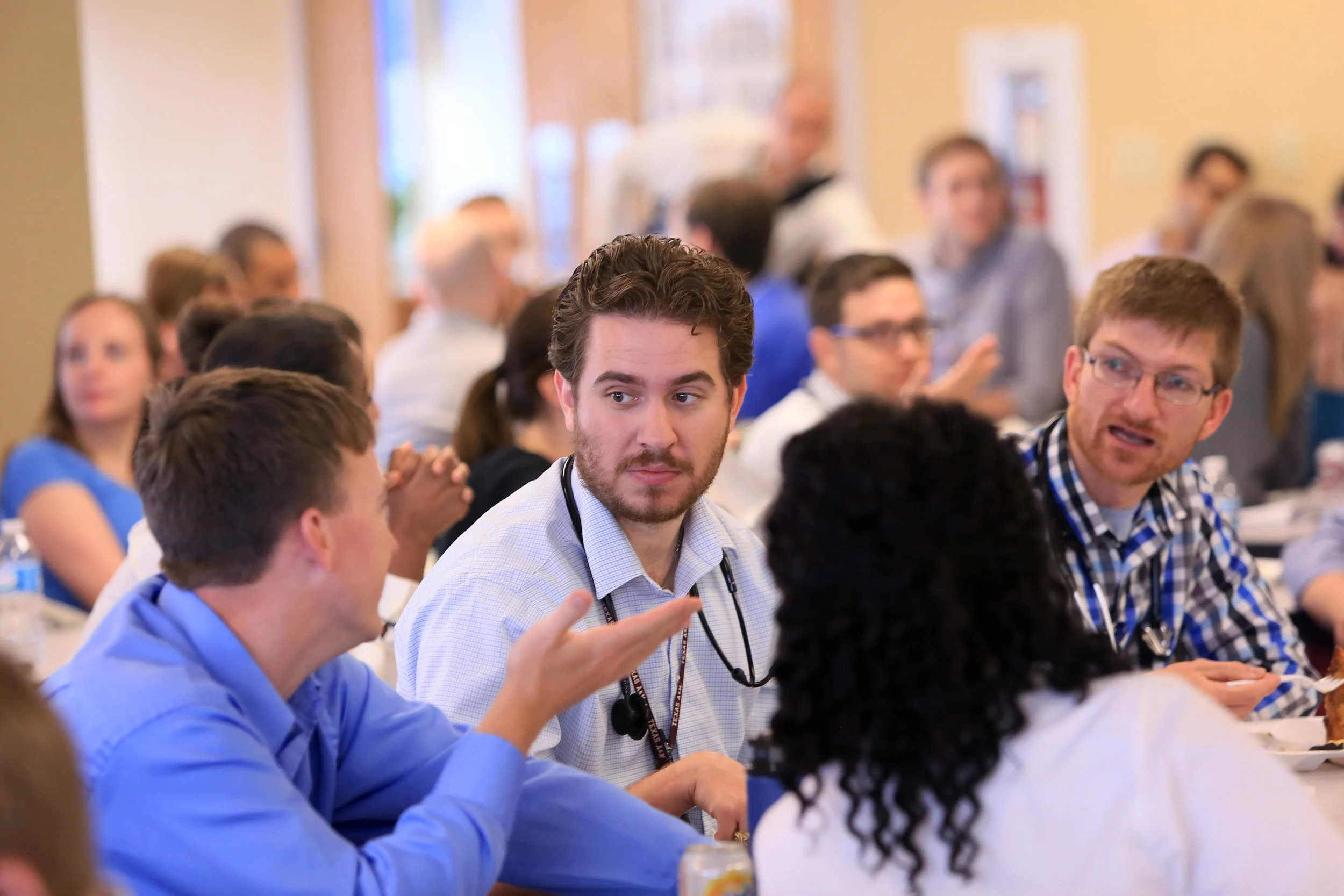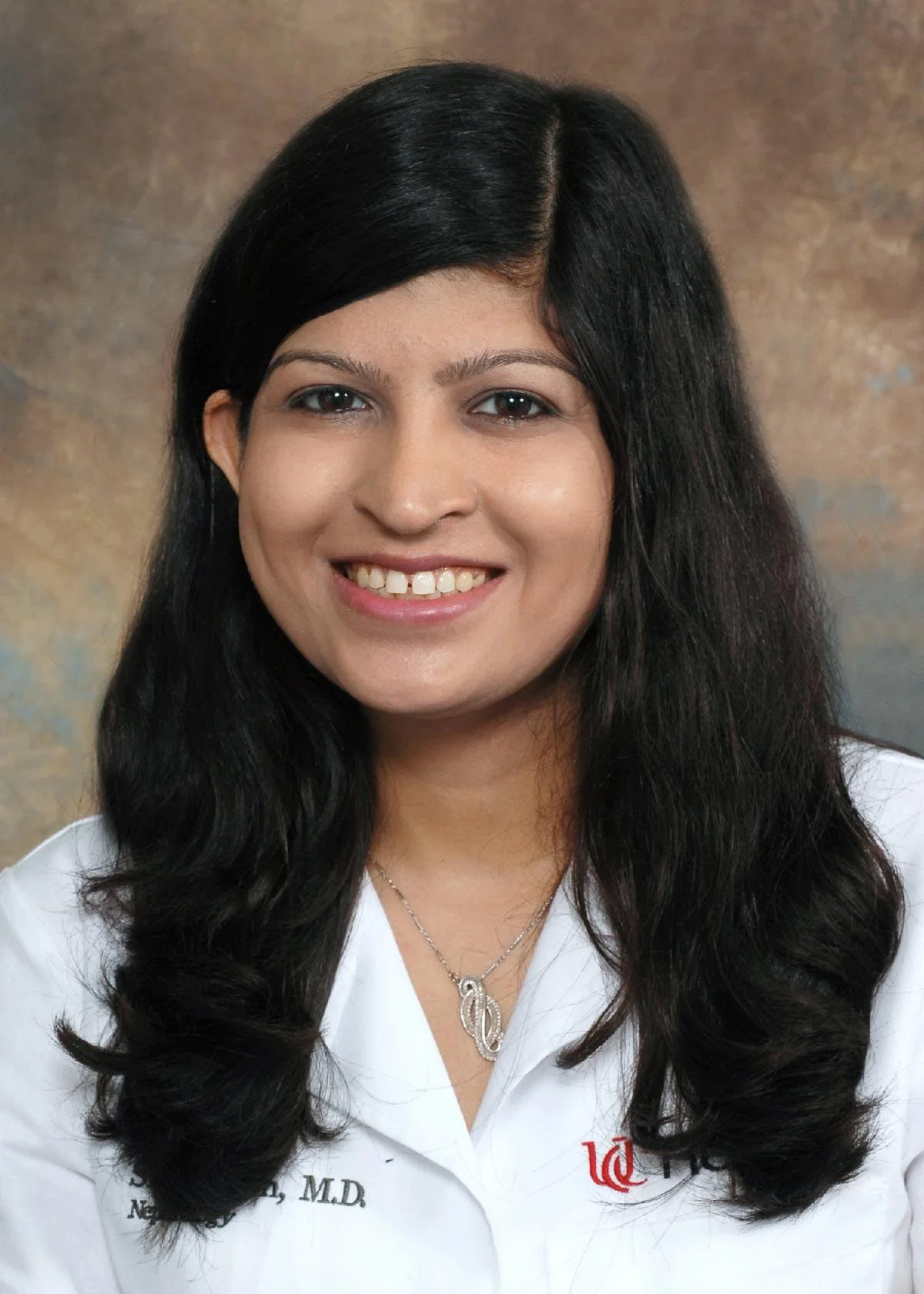The CCTST Center for Improvement Science (CIS) is pleased to announce new leadership.
Jennifer Molano, MD, has been an active member of the CIS core, serving as Team Science faculty since 2018 and joining the CIS as associate director under Dr. Jack Kues’ leadership in 2021. Upon Dr. Kues’ recent retirement, Dr. Molano was named co-director of the CIS and director of Collaboration & Team Science.
Dr. Molano is an associate professor at the University of Cincinnati, where she has been on faculty since 2010. After obtaining her undergraduate degree in Psychology and Latin at the University of Michigan in Ann Arbor, she completed both medical school and neurology residency training in her home state at West Virginia University. She further received training in behavioral neurology at the Mayo Clinic in Rochester, Minnesota, and in sleep medicine at Vanderbilt University in Nashville, Tennessee. Her career has also been enriched by numerous activities within the American Academy of Neurology (AAN), currently serving as the Vice-Chair of the Member Engagement Committee. She also serves on the editorial boards for the New England Journal of Medicine Journal Watch Neurology and the Brain and Life magazine. Her interests within neurology include the interface between sleep and cognition. She also has a great interest in promoting clinician and health care worker wellness, having participated in multiple wellness initiatives within the AAN and the Ohio State Medical Association Wellness Committee. Locally, Dr. Molano chairs the UC College of Medicine Faculty Wellness Advisory Council and the UC Medical Center Graduate Medical Education Resident Wellness and Wellbeing Committee. She is also the UC Health physician lead for their involvement with the Institute for Healthcare Improvement’s Joy in Work Learning Network. She continues to work on perfecting the art of juggling scarves, is always on a quest to find joy, and is looking forward to supporting collaboration and team science initiatives within the CCTST.
The CCTST welcomes Brittany Rosen, PhD, MEd, who has been named co-director of CIS and director of evaluation, overseeing evaluation initiatives for all CCTST cores. Dr. Rosen is a research associate professor of Pediatrics in the Division of Adolescent and Transition Medicine at Cincinnati Children’s Hospital Medical Center and the University of Cincinnati College of Medicine. Her research program focuses on developing and assessing evidence-based implementation strategies to increase the uptake of biomedical technologies (e.g., vaccines) in adolescent patients through the healthcare setting.
She has experience and training in survey development, advanced quantitative statistical analyses, behavior change theory application in public health, adult education, and intervention development and evaluation. She has also received extensive training in implementation science by completing the National Cancer Institute (NCI) Training Institute for Dissemination and Implementation Research in Cancer (TIDIRC) Facilitated Course and the Certificate in Implementation Science from the University of California San Francisco. She has experience conducting evaluations of smartphone apps, virtual reality, and game-based interventions.
Please join us in congratulating Drs. Molano and Rosen on their new positions!
